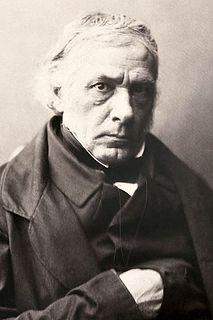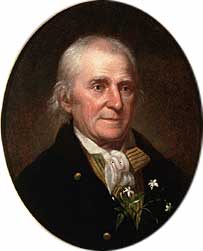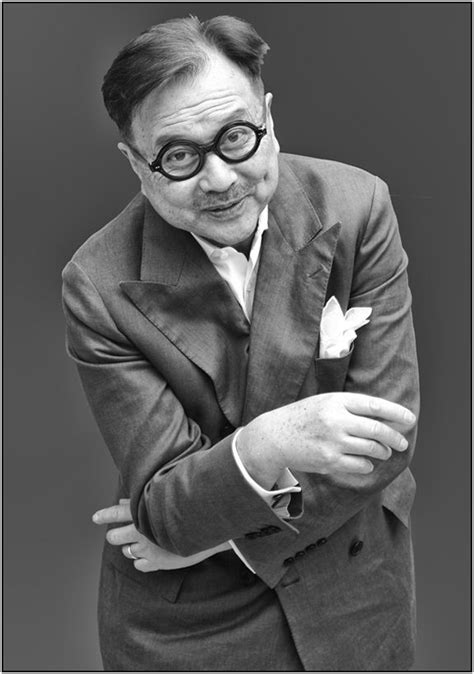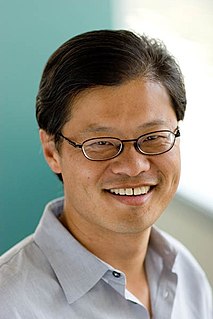A Quote by William Wordsworth
Laying out grounds... may be considered as a liberal art, in some sort like poetry and painting.... it is to assist Nature in moving the affections... the affections of those who have the deepest perception of the beauty of Nature.
Related Quotes
As it is with spiritual discoveries and affections given at first conversion, so it is in all subsequent illuminations and affections of that kind; they are all transforming. There is a like divine power and energy in them as in the first discoveries; they still reach the bottom of the heart, and affect and alter the very nature of the soul, in proportion to the degree in which they are given. And a transformation of nature is continued and carried on by them to the end of life, until it is brought to perfection in glory.
Sin also carries on its war by entangling the affections and drawing them into an alliance against the mind. Grace may be enthroned in the mind, but if sin controls the affections, it has seized a fort from which it will continually assault the soul. Hence, as we shall see, mortification is chiefly directed to take place upon the affections.
It is believed that physiognomy is only a simple development of the features already marked out by nature. It is my opinion, however, that in addition to this development, the features come insensibly to be formed and assume their shape from the frequent and habitual expression of certain affections of the soul. These affections are marked on the countenance; nothing is more certain than this; and when they turn into habits, they must leave on it durable impressions.
The true essence of Chinese culture is sophistication, refinement, the spirit of poetry. The spirit of ink painting and calligraphy lives on forever. Calligraphy is more important than painting. Chinese always consider nature. Man is a very small part of nature. That's why in Chinese painting you see huge mountains and man very small, very humble before nature. You must be harmonious and one with nature. You don't fight it. And then there's a bit of a poetry. Of course, it's very complicated, but also very simple.
People who live in states have as a rule never experienced the state of nature and vice-versa, and have no practical possibility of moving from the one to the other ... On what grounds, then, do people form hypotheses about the relative merits of state and state of nature? ... My contention here is that preferences for political arrangements of society are to a large extent produced by these very arrangements, so that political institutions are either addictive like some drugs, or allergy-inducing like some others, or both, for they may be one thing for some people and the other for others.
Since holiness is the main thing that excites, draws, and governs all gracious affections, it is no wonder that all such affections tend to holiness. That which men love, they desire to have and to be united to, and possessed of. That beauty which men delight in, they desire to be adorned with. Those acts which men delight in, they necessarily incline to do.





































